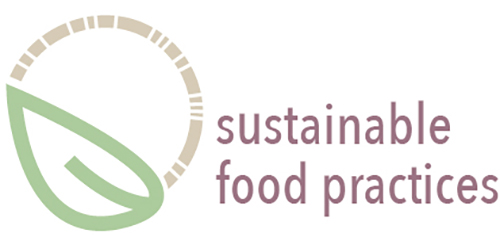
Conference: “The top-down diffusion process of agroecological practices within farmer groups in Bilanga, Burkina Faso: barriers to agroecological knowledge creation?”
27th – 30th April 2019
Dr. Diane Kapgen presented the paper ‘The top-down diffusion process of agroecological practices within farmer groups in Bilanga, Burkina Faso: barriers to agroecological knowledge creation?’ at the Royal Geographical Society and the Institute of British Geographers Annual International Conference on the topic of Geographies of Trouble/ Geographies of Hope.
Find more here
Abstract
In theory, the multi-principled, multi-levelled concept of agroecology shows strong parallels to findings derived from development cooperation critics, in particular the series of Farmer First argumentations and the call for creating horizontal knowledge creation exchanges (Warner 2008, Scoones and Thompson 2009, Martínez-Torres and Rosset 2014). By relying on an interdisciplinary conceptual framework combining the Sustainable Livelihoods Framework, the francophone agronomy-based Agriculture Comparée approach and the development-anthropology ECRIS-related concepts, we analyse the case of the local NGO ARFA in Bilanga, eastern Burkina Faso. In this risk-prone zone, where livelihoods are highly dependent on the agricultural activity, ARFA organizes village-based farmer groups and farmer-field-schools to transfer knowledge for implementing improved agroecological farming practices. Our qualitative research design – based on semi-directed interviews with 90 farmers and 18 key personalities – shows that social structures, power relations and conflicting interests in the groups play a key role in defining what Robert Chambers called the process- and power variables of knowledge: “who has access to what knowledge” (Chambers 1994). We delve into the knowledge creation process in Bilanga and show how it resembles conventional top-down diffusion rather than horizontal knowledge building process, and – despite the use of a priori participatory farmer groups and farmer-field-schools – ultimately leaves the most deprived farmers behind.


